Wexford has been synonymous with the annual summer strawberry crop for decades, but the number of growers has declined sharply.
We spoke to growers about the changing market and demands.
John Greene

John Green, owner of Greenes Berry Farm, Gorey, Co Wexford. \ Patrick Browne
“Wexford has always been at the heart of strawberry growing in Ireland, with hundreds of growers in the county 50 years ago. Today, there’s only around five of us left, with very few successors to keep on the tradition.
"What’s happened here is very similar to the mushroom industry across the country. Mushroom houses dotted here and there until the market no longer could support them and slowly but surely they disappeared.
"In the mid-1980s, Brazil and Poland were able to export much cheaper strawberries for jam than the fruit we were growing here.
"Fast forward 20 years into the early 2000s and I no longer had a full team of Irish pickers.
"The future for the Wexford strawberry is uncertain, but at the end of the day you have to love what you do.
"We’ll keep going strong for the time being.”
Cyril Wheelock
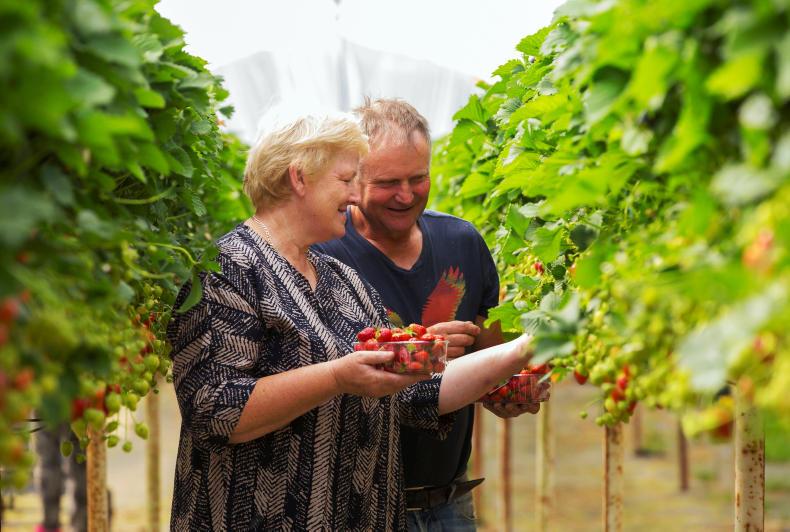
Margaret and Cyril Wheelock of Wheelock Fruits, Enniscorthy, Co Wexford. \ Patrick Browne
“Back in its heyday, we had well over 1,400 growers in the county.
"The decline we are experiencing has come as a result of cheaper strawberries imported from countries like Poland.
"The reason they can produce such cheap fruit is the very low cost of labour.
"We can’t pay wages as low as they can and still expect to be profitable.
"On our farm. it has been a matter of looking to diversify and see what other options we have to stay going.
"We opened the Village at Wheelocks farm shop where you can come and pick your own strawberries.
"This initiative has been very successful for us so far, with great footfall on the farm.”
Jimmy Kearns
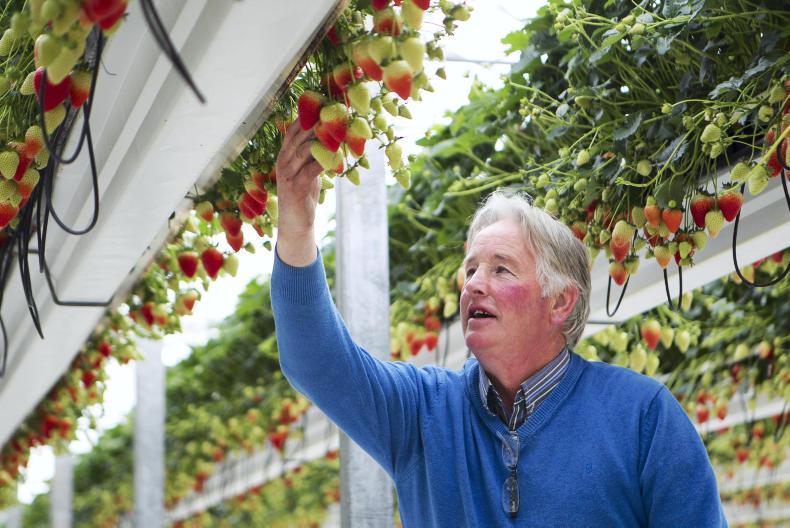
Jimmy Kearns, Enniscorthy, Co Wexford, with his strawberry crop.
“The strawberry industry is a tough business. We have had to make huge investments to keep up with the market in the last 20 years.
"We have three days of picking ahead of us over the [last] weekend; it’s an intense job 365 days of the year.
"Young people don’t want to buy into strawberry growing because they want to be able to go home at 5pm every evening and do no overtime.
"If they do decide to work overtime they will be taxed heavily. Can’t blame people for not wanting to work for the tax man either I suppose.
"There are much easier ways of living and it would take an enormous investment to start from scratch today.
"The fact we produce strawberries in Wexford under such challenging conditions is a testament to farmers and their ethos to just keep going.”
Tom Kelly
“The decline came as a result of jam factories turning their backs on the local growers in the late 80s.
"The option to buy cheap pulped strawberries from Poland was there.
"They no longer needed the smaller growers just down the road.
"A lot of people were left stranded, as this was their livelihood and [are] now no longer able to make money.
"We turned to selling at the roadside, where we receive three times as much for our produce instead of selling to supermarkets.
"We are one of the smaller growers, but the future is safe enough for the meantime, as our son is showing a great interest.”
Wexford has been synonymous with the annual summer strawberry crop for decades, but the number of growers has declined sharply.
We spoke to growers about the changing market and demands.
John Greene

John Green, owner of Greenes Berry Farm, Gorey, Co Wexford. \ Patrick Browne
“Wexford has always been at the heart of strawberry growing in Ireland, with hundreds of growers in the county 50 years ago. Today, there’s only around five of us left, with very few successors to keep on the tradition.
"What’s happened here is very similar to the mushroom industry across the country. Mushroom houses dotted here and there until the market no longer could support them and slowly but surely they disappeared.
"In the mid-1980s, Brazil and Poland were able to export much cheaper strawberries for jam than the fruit we were growing here.
"Fast forward 20 years into the early 2000s and I no longer had a full team of Irish pickers.
"The future for the Wexford strawberry is uncertain, but at the end of the day you have to love what you do.
"We’ll keep going strong for the time being.”
Cyril Wheelock

Margaret and Cyril Wheelock of Wheelock Fruits, Enniscorthy, Co Wexford. \ Patrick Browne
“Back in its heyday, we had well over 1,400 growers in the county.
"The decline we are experiencing has come as a result of cheaper strawberries imported from countries like Poland.
"The reason they can produce such cheap fruit is the very low cost of labour.
"We can’t pay wages as low as they can and still expect to be profitable.
"On our farm. it has been a matter of looking to diversify and see what other options we have to stay going.
"We opened the Village at Wheelocks farm shop where you can come and pick your own strawberries.
"This initiative has been very successful for us so far, with great footfall on the farm.”
Jimmy Kearns

Jimmy Kearns, Enniscorthy, Co Wexford, with his strawberry crop.
“The strawberry industry is a tough business. We have had to make huge investments to keep up with the market in the last 20 years.
"We have three days of picking ahead of us over the [last] weekend; it’s an intense job 365 days of the year.
"Young people don’t want to buy into strawberry growing because they want to be able to go home at 5pm every evening and do no overtime.
"If they do decide to work overtime they will be taxed heavily. Can’t blame people for not wanting to work for the tax man either I suppose.
"There are much easier ways of living and it would take an enormous investment to start from scratch today.
"The fact we produce strawberries in Wexford under such challenging conditions is a testament to farmers and their ethos to just keep going.”
Tom Kelly
“The decline came as a result of jam factories turning their backs on the local growers in the late 80s.
"The option to buy cheap pulped strawberries from Poland was there.
"They no longer needed the smaller growers just down the road.
"A lot of people were left stranded, as this was their livelihood and [are] now no longer able to make money.
"We turned to selling at the roadside, where we receive three times as much for our produce instead of selling to supermarkets.
"We are one of the smaller growers, but the future is safe enough for the meantime, as our son is showing a great interest.”








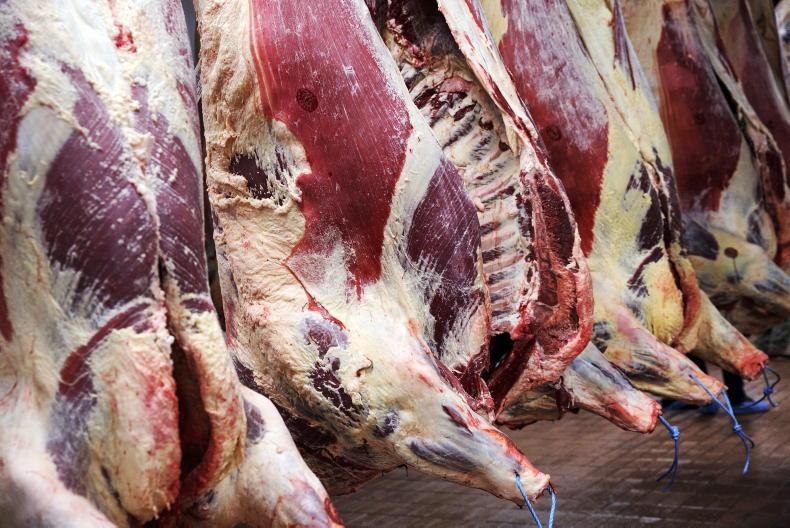

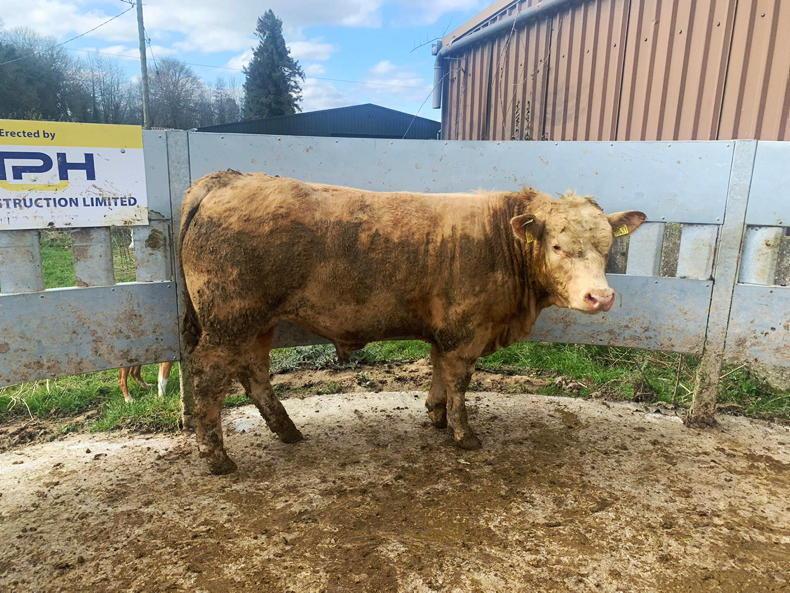
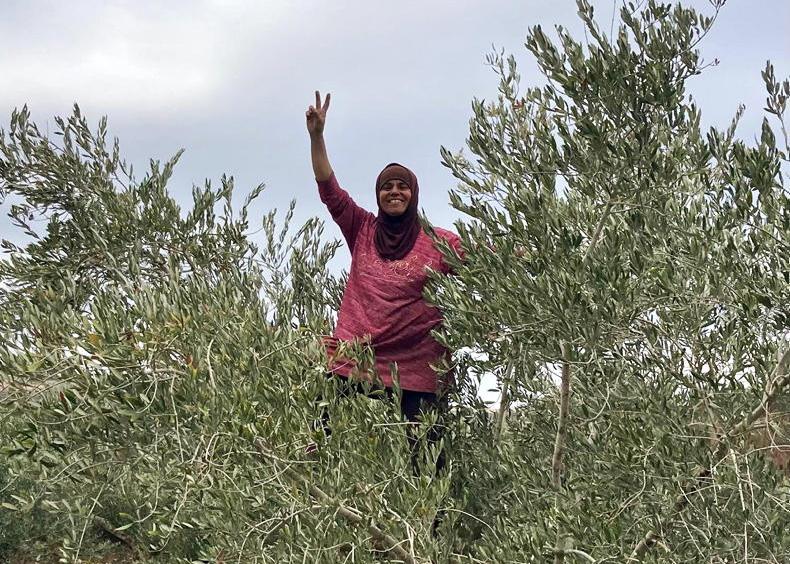
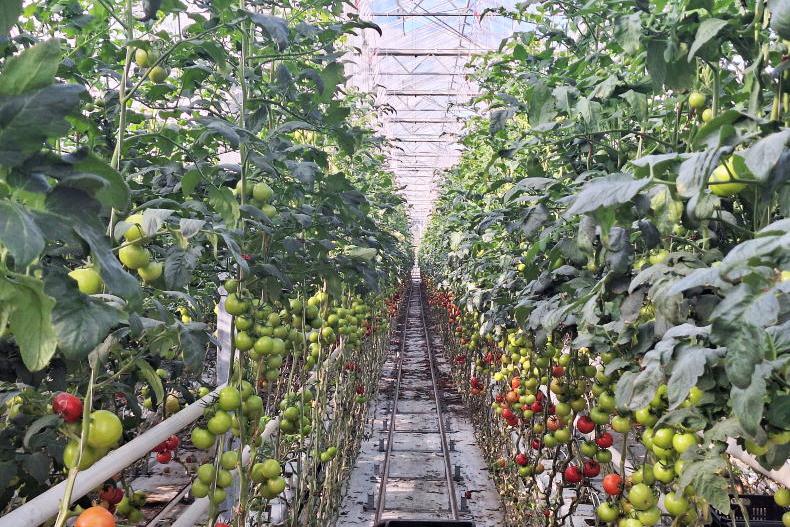
SHARING OPTIONS